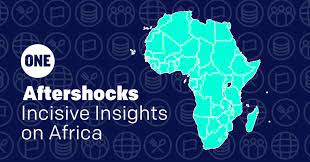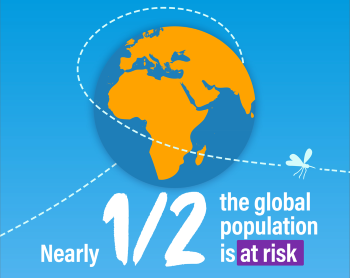Imagine a gender equal world. A world free of bias, stereotypes and discrimination. A world that is diverse, equitable and inclusive. A world where difference is valued and celebrated. Together we can forge women's equality. Collectively we can all #BreakTheBias
For six ‘missions’ that International Women's Day has identified to help forge a gender equal world click here.
On February 17, Canada's Minster of International Devlopment Harjit Sajjan announced that $315 million of Canada’s five-year, $5.3-billion climate finance commitment will be available for organizations in Canada and the Global South to partner on climate adaptation projects. Minister Sajjan said the funding model is going to be “as creative as possible” and cater to the needs of specific nations and regions. He hopes the program can give small, local organizations doing “tremendous work” the resources needed to have a “massive impact” in their area.
"This is a great day for women on the front lines of the climate crisis, especially women leading change in nature based solutions in their communities in the Global South. Thank you Minister Sajjan." -- Janet Siddall and Pat Dolan, Co-Chairs Grandmothers Advocacy Network
Click here to learn more.
The Intergovernmental Panel on Climate Change (IPCC) is the United Nations body for assessing the science related to climate change. It is scheduled to release its next assessment report on February 28, 2022. The report is expected to lay out in stark detail the extent to which climate change is destroying people’s lives, livelihoods and well-being and damaging ecosystems and biodiversity. In anticipation of the release of this report, civil society organizations are already speaking up for urgent action.
“The climate crisis is a human rights crisis, and the latest IPCC report will confirm the immense human suffering it will bring. Developed nations – who have contributed the most to heating our planet – must do more to address the inequalities, loss, and damage driven by global heating. They must increase their support to developing nations and the most vulnerable communities, who did the least to cause this crisis. Decisive action on climate is not a ‘cost’: it is an investment, not just in our future, but in our survival. Such investment would represent the greatest cost-saving of human history.” -- Steve Trent, CEO and founder, Environmental Justice Foundation
Click here to read more.
“No other event like the COVID-19 pandemic has shown that reliance on a few companies to supply global public goods is limiting, and dangerous. In the mid- to long-term, the best way to address health emergencies and reach universal health coverage is to significantly increase the capacity of all regions to manufacture the health products they need, with equitable access as their primary endpoint." -- WHO Director-General, Dr Tedros Adhanom Ghebreyesus
Six countries have been chosen to build vaccine production factories as part of a World Health Organization initiative. The first African countries selected to receive the technology necessary to produce mRNA vaccines against COVID-19 are Egypt, Kenya, Nigeria, Senegal, South Africa and Tunisia. Click here to read more.
According to a recent UN report, food insecurity is soaring in twenty “hunger hotspots”, many of them in sub-Saharan Africa. Four countries in particular are currently at greatest risk: Ethiopia, Nigeria, South Sudan and Yemen. Click here for a summary of the report’s warnings. To access the full 48-page report, click here
“In 2020, the world experienced the single largest increase in global hunger ever recorded, a trend that has only continued this year. This predictable and multi-year funding to Canadian Foodgrains Bank will help ensure that food and nutritional support is provided to those who need it most in times of crisis.” -- Harjit Sajjan, Minister of International Development
Click here to read more about Canada’s announcement of emergency food assistance through the Canadian Foodgrains Bank.
Good news! Canada is supporting the resilience of small-scale farmers and the health of rural communities through its highest-ever funding commitment to the UN International Fund for Agricultural Development (IFAD).
This international fund invests in rural people, empowering them to reduce poverty, increase food security, improve nutrition and strengthen resilience. Read more about Canada’s increased commitment here.
The COVID-19 pandemic has had a global impact on education. The regions most affected are those with a less robust education system. This is an opportunity for governments in sub-Saharan Africa to reform their school systems. Click here to read five actions for the way forward.
The New Humanitarian has released its annual assessment of global crises and trends to watch for in the year ahead. Among them, the hidden health risks of climate change, global inequities and poverty laid bare by the pandemic, and unprecedented hunger. Click here for the full report and here for an 8-minute video summary.


